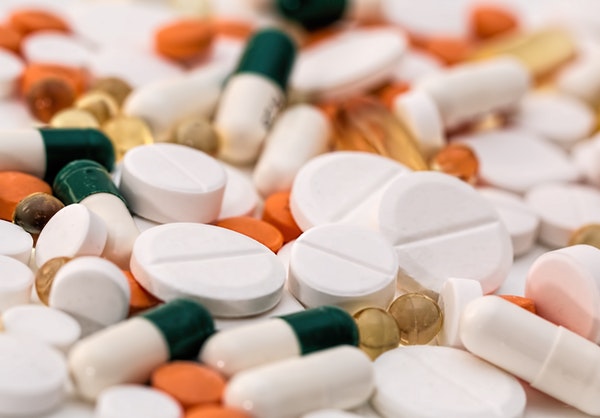
Photo from Pixabay on Pexels.
Health care in the United States is quite expensive and that affects the cost of medications. Just in 2020 alone, the United States spent 358.7 billion dollars on prescription drugs. Generic medications account for a larger percentage of filled prescriptions but brand-name medications are responsible for the majority of costs. With the high cost of medications, most individuals opt for generic versions of their prescriptions. Therefore, it is important to understand the difference between generic and name-brand prescription drugs.
What are generic drugs?
Generic medications are a replica of a brand name drug that must contain the same active ingredients. They are usually available, on average, for about 85 percent less than the cost of brand name prescriptions. There are a few years where a name-brand medication can profit off of their drug, but once that drug patent expires, generics are allowed to compete in the market.
To enter the market, the generic medication must first go through an FDA approval process where it has to meet quality, safety, and effectiveness standards. The generic medications must prove that they are bioequivalent to the brand name version. Bioequivalence means that the generic works in the same ways and provides similar benefits as the brand-name medications.
The difference between generic and name-brand drugs
Generic medications have to go through a series of tests that ensure it is effective before it can be approved by the FDA. They need to have the same active ingredients and provide the same benefits that brand-name drugs offer.
However, there are a few differences between the two. Generic and brand-name medications do not look the same. Generics may have different inactive ingredients (fillers, binders, flavors, etc.) that alter the physical appearance but do not affect the way the medication works.
Many people and some doctors have concerns with choosing a generic prescription over a brand-name one. These concerns can include:
- Worsening of symptoms
- Side effects
- Adverse reactions
- Effectiveness
- Safety
- Quality
Is there a better option?
Generic medications may be considered the better choice because they are the least expensive option. The low cost of generic medications has been shown to improve health outcomes because people are more likely to fill and take their prescriptions when they are prescribed cheaper generics. This is especially true for individuals with no insurance.
There are some instances when there is not a generic option available for a specific brand-name drug. Additionally, some individuals need to continue using name-brand medications if they are not responding to the generic version, or they have an allergy that does not allow them to take generic medication. Similarly, there are some doctors that prefer not to switch medications with a narrow therapeutic index. This means that there is a very small window between the benefits and the harmful effects of a particular drug.
Essentially, both generic and brand-name medications need to prove that they are safe and effective enough to be approved by the FDA. Although generic medications are the least expensive option of the two, some doctors may not want to switch the brand name for a generic prescription. Ultimately, it is the choice of the patient or the doctor to decide what version of the medication they will take.
Health Insurance Questions?
We hope this information on name-brand vs. generic prescription drugs is helpful.
Empower Brokerage wants to help you understand the insurance coverage you need and how to save money getting it. Stay on top of your health and give us a call at (844) 410-1320
Get affordable health insurance quotes by clicking here.
See our other websites:

